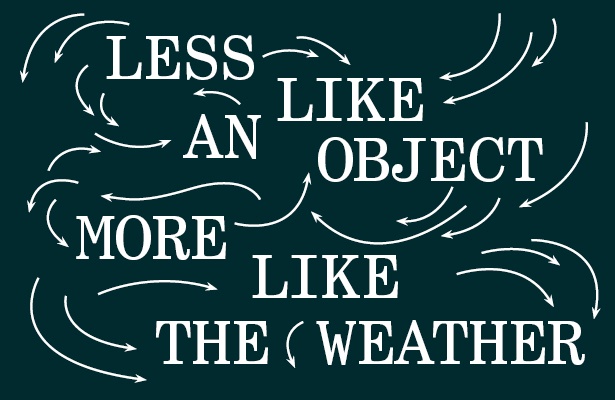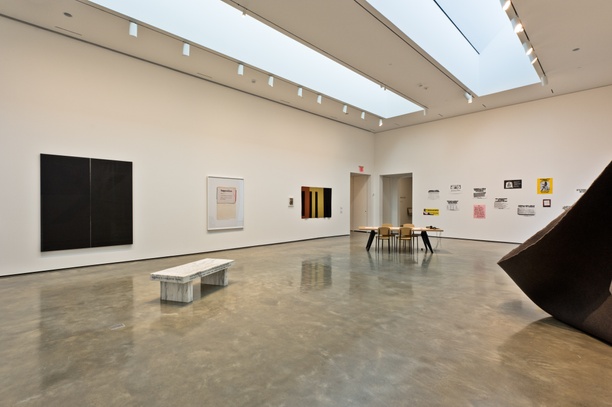
The Center for Curatorial Studies presents exhibitions and projects curated by second-year students in its graduate program in curatorial studies and contemporary art. The students have organized these exhibitions and projects as part of the requirements for the master of art’s degree.
For the spring of 2013, the fourteen participating students have elected to present their individual curatorial projects simultaneously in the Hessel Museum of Art. As an unprecedented gesture of institutional engagement through collectivity, all exhibitions and adjacent programming come together under one title.
John Cage characterized his longtime collaboration with Merce Cunningham by stating: “It’s less like an object and more like the weather. Because in an object, you can tell where the boundaries are. But in the weather, it’s impossible to say when something begins or ends.” The ethos of the students’ collaboration reflects Cage’s sentiment and prompts the viewer to experience the venture’s heterogeneity less as an object to be assimilated, and more as a movement towards a climate of engagement.
A student-initiated publication will be designed by Isabelle Vaverka and Lu Liang. It will feature contributions from the curators and participants of the spring curatorial projects and be available for sale at CCS Bard.
Student-curated exhibitions at CCS Bard are made possible with support from the Rebecca and Martin Eisenberg Student Exhibition Fund; the Mitzi and Warren Eisenberg Family Foundation; the Audrey and Sydney Irmas Charitable Foundation; the Robert Mapplethorpe Foundation; the Board of Governors of the Center for Curatorial Studies; and by the Center’s Patrons, Supporters, and Friends.














